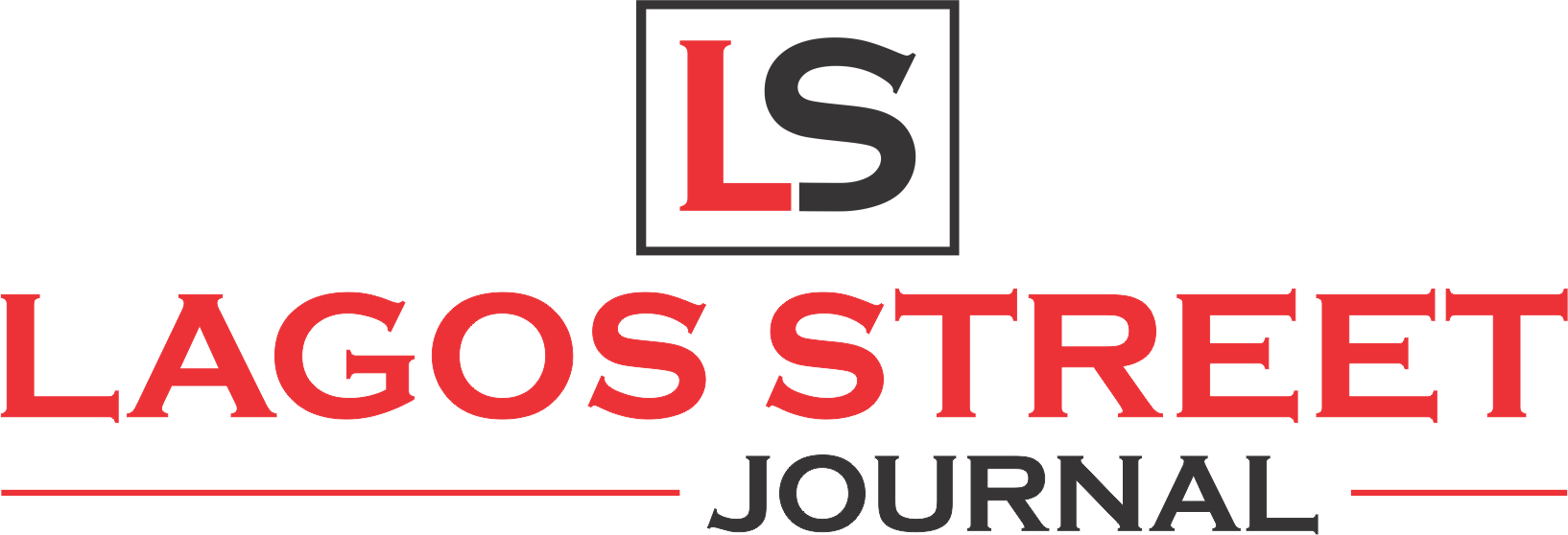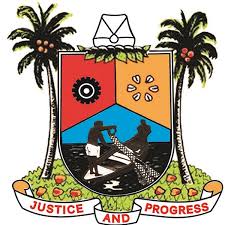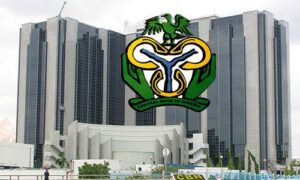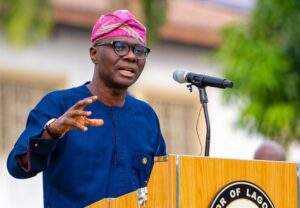Nigeria@61: Capital market’s contribution to GDP still low —Operators
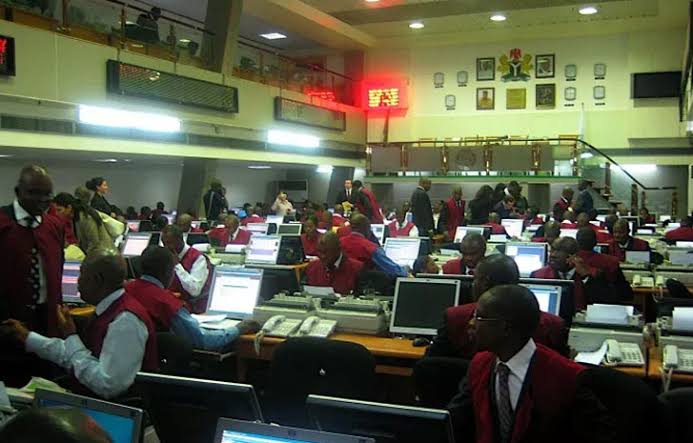
By Rasaq Adebayo
Ahead of Nigeria’s 61st independence anniversary October 1, experts insist that the contribution of the capital market to the Gross Domestic Product must improve.
They spoke in separate interviews with newsmen on Wednesday in Lagos, while reviewing the performance of the Nigerian capital market over the years.
Mr Olatunde Amolegbe, president, Chartered Institute of Stockbrokers (CIS), said the Nigerian capital market, relative to the size of the country’s economy, was still abysmally low.
Amolegbe noted that the ratio of the capitalisation of the equity market to the Gross Domestic Product (GDP) was far below 20 per cent, in contrast to the South Africa’s 348.3 per cent and Brazil’s 68.4 per cent.
“The ratios in the key developed economies are also in excess of 100 per cent. The participation of Nigerians in the capital market is very low.
“Less than five per cent of the country’s population are involved in the market as investors, while less than one per cent of registered companies are listed.
“There is a fundamental dis-equilibrium in the development and utilisation of the two major segments of the financial system – the money market and the capital market in Nigeria.
“The markets are supposed to be complementary but the current structure tilts heavily in favour of the short-term financial market, undermining the effective integration of the two segments and weakening the capital market’s ability to optimally mobilise and channel national savings toward the development of the real sector,” he said.
On the way forward, Amolegbe called for effective and optimal savings mobilisation in the country.
According to him, the development and utilisation of the two segments of the financial system – money and capital markets – should be balanced.
He added that government at all levels should give capital market developemnt and utilisation priority as done in the developed countries.
The president said the CIS (chartered professionals) should be involved in policy making processes, including budgeting.
“There should be a review of the enabling legal frameworks to encourage the local pension funds to significantly increase their investment in the Nigerian equity market.
“This will enhance capital formation through private sector-led funding of the national economy as done in the developed economies where over 60 per cent of pension assets are invested in long-term instruments in the capital market.
“These steps will bring stability to the equity market and arouse investor confidence,” he said.
Amolegbe said major companies operating in the economy should be encouraged to list on the capital market, as that would greatly enhance the benefits derived by Nigerians.
“However, despite the humongous challenges facing it, the Nigerian capital market has played a major role in the country’s economic development in many facets, putting the country on the global map.
